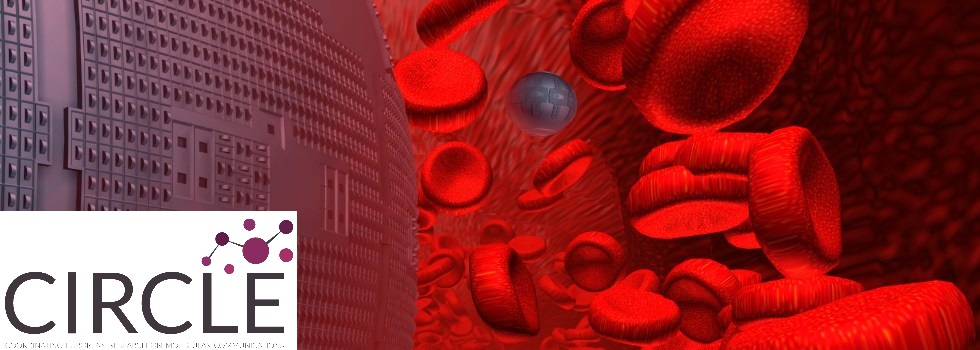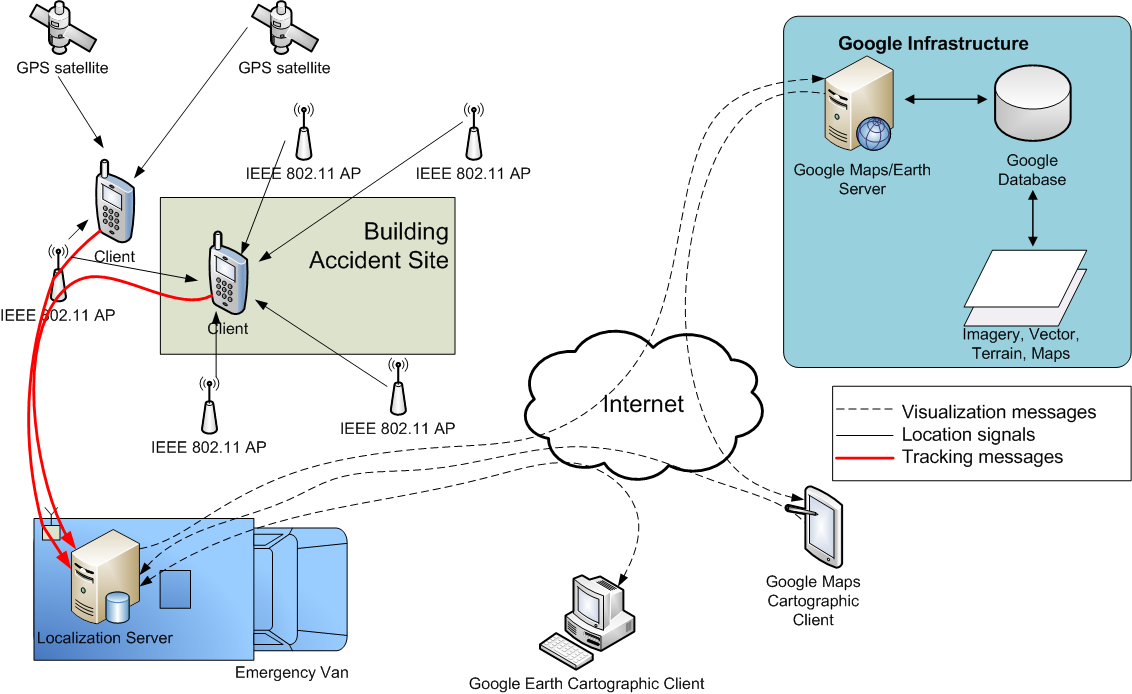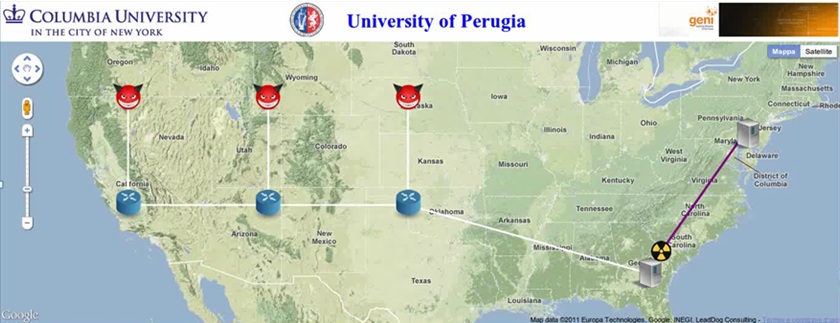
The research will contribute to the definition of the Information eco-system from the perspective of network management. The initial focus will be on the big data traffic analysis of fixed and mobile network. Afterwards, these data will be organized and processed according to the layered eco-system, in conjunction with the other domain data.
The ultimate goal of this research is to improve the management outcomes in terms of flow analysis, radio access network planning, troubleshooting, and security threats.
Network data will be taken from WISP, research networks, metropolitan network for smart cities and IoT.

The capabilities of manipulating matter at the molecular scale has inspired a huge research effort for many years and has led to the design and implementation of sophisticated devices, commonly referred to as nanomachines. The potentials of these devices span numerous areas, including medical science, environmental control, and material science.
Although decades of research and implementation activities has lead to remarkable nanomachines capabilities, especially in the medical field, their networked coordination is still at an early stage of research. Recently, some possible solutions for allowing nanomachines to exchange information have been proposed.

The completion of the human genome sequencing project represented a major milestone in the field of biological and medical sciences. It happened about ten years ago in the framework of the US project Human Genome. It has been the results of years of expensive research activity. At that (recent) time, although the importance of that result was clear, the possibility of handling the human genome as a commodity was far from imagination due to cost and complexity of sequencing and analyzing complex genomes.
Today the situation is very much different, since the order of magnitude of the cost necessary for sequencing a human genome is rapidly reducing.
 Global Navigation Satellite Systems (GNSS) have obtained a global consensus about their potential of supporting advanced location-based services which go far beyond the mere fixing of receiver position. Currently, the GPS system is the most used navigation system.
Global Navigation Satellite Systems (GNSS) have obtained a global consensus about their potential of supporting advanced location-based services which go far beyond the mere fixing of receiver position. Currently, the GPS system is the most used navigation system.
It has been designed in order to allow any terrestrial navigation device to receive at least four satellites, which is the minimum number of visible satellites necessary to fix a receiver position. Clearly this happens if the receiver is located in an open space, i.e. without any surrounding objects obstructing satellite visibility.
Satellite visibility is therefore a key aspect to determine the availability of the GPS services. For this reason, and even for improving the GPS accuracy, reliability, and integrity, some so-called augmentation systems have been defined. The augmentation approaches may include the combination of the GPS navigation information with the one achievable from other GNSS constellations, or other satellites.
 NetServ is a programmable node architecture designed for deploying in-network services (see also http://www.cs.columbia.edu/irt/project/netserv/). It is suited for any types of nodes, such as routers, servers, set-top boxes, and user equipment. NetServ includes an in-network virtualized service container and a common execution environment for both network services and traditional addressable services (e.g. a Web server).
NetServ is a programmable node architecture designed for deploying in-network services (see also http://www.cs.columbia.edu/irt/project/netserv/). It is suited for any types of nodes, such as routers, servers, set-top boxes, and user equipment. NetServ includes an in-network virtualized service container and a common execution environment for both network services and traditional addressable services (e.g. a Web server).
NetServ is thus able to fill the gap between these two types of services that have traditionally been kept separated in the Internet architecture. In this way administrators can be provided with a suitable flexibility to optimize resource exploitation.
Project relavant to the analysis to the coverage of broadband netorwk infrastructure in the Umbria Region, funded CoReCom (regional body of the national Authority AGOCM) – 2014. Principal Investigator Prof. Gianluca Reali
Project “Implementation of a simulation package of the basic mechanisms of the immune system at the nanoscales”. co-funded by Fondazione Cassa di Risparmio di Perugia (2013-2014). Principal Investigator Prof. Gianluca Reali
Project “Implementation of an application server for secure VoIP calls”, funded by ICTlabs srl, 2012 to the Univeristy of Perugia. Principal Investigator Prof. Gianluca Reali
National Tecnological Platform “Future Internet”.
Project "Analysis of the transitino mechanisms to NGN networks and procedures for implementing unbundled wholesale services”, funded by the Italian operator Wind Telecomunicazioni s.p.a., to the University of Perugia. Principal Investigator Prof. Gianluca Reali